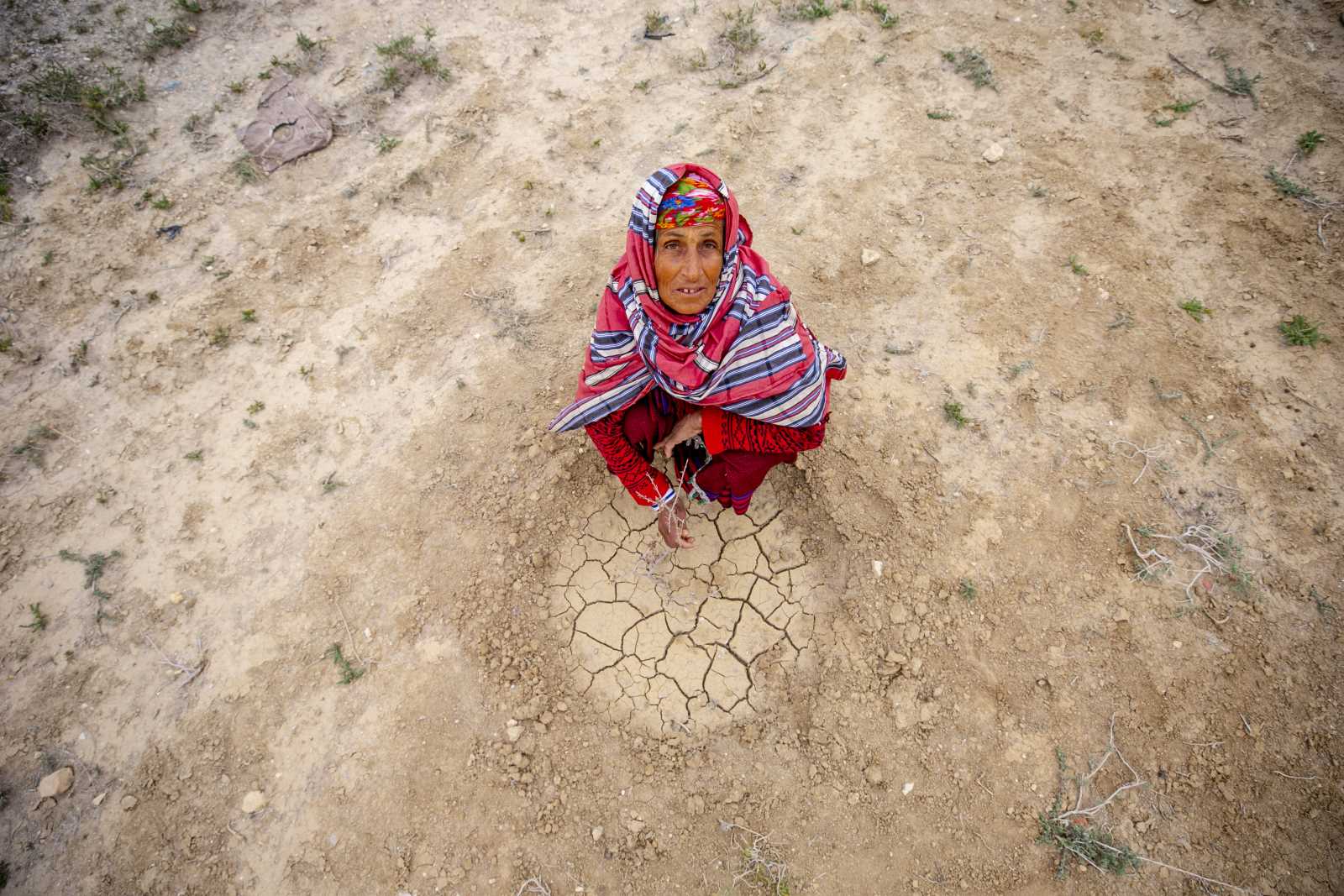MENA region
Incoherent German approach

Since 2011, German official development assistance (ODA) to the MENA region has more than doubled – from around € 750 million annually to around € 1.8 billion in 2015. However, this increase was not supported by a comprehensive regional strategy, argues DIE scholar Mark Furness. He suggests that the main factor driving aid increases has been the German public’s reaction to the arrival of refugees from the region.
In previous decades, Germany’s approach to the region was largely pragmatic and risk-averse. Germany was a “payer” rather than a “player” while other donor countries meddled in the regions’ geopolitically relevant affairs, according to Furness. He appreciates that Germany maintained a diplomatic, economic and development presence for several decades, but cannot identify a whole-of-government strategy that would define goals. Accordingly, ODA and other policy instruments are not used systematically.
Furness finds it surprising that the 2011 uprisings of the Arab spring did not make Germany draft a coherent strategy. Relevant issues have been pondered at different levels of the German foreign policy-making system, but Germany still lacks a coherent approach to MENA affairs. This incoherence, Furness warns, is reflected in action. Most of the ODA increase was spent on measures in just two areas: humanitarian aid in response to Syria’s crisis and soft loans for promoting renewable electricity generation in Morocco. The strategic reasoning behind such prioritisation is unclear, the scholar writes, but it seems to correspond to German and European security interests.
Furness explains the lack of strategy as a result of the complexity and fragmentation of the German system for making foreign policy. Several ministries and the chancellor’s office are involved, and the ODA sector alone consists of several governmental and non-governmental agencies. The pattern of aid spending in the MENA region looks random to Furness. The Federal Ministry for Economic Cooperation and Development and the agencies for financial cooperation (KfW) and technical cooperation (GIZ) are working on closer alignment, he writes, but Furness argues that the involvement of other ministries makes matters difficult.
The way the Arab spring uprisings are understood is relevant too. Furness detects a tendency to “securitise” narratives. In this sense, the term stands for adding a security dimension to policy areas unrelated to security. For example, migration is increasingly being discussed in terms of threats and necessary protection. Accordingly, measures for supporting migrants who have returned to their countries of origin is now high on the agenda, and so is ODA for North African countries that absorb migrants, Furness argues. EU-level “migration management” indicates that even more securitisation is likely, which Furness does not consider to be a healthy trend. In his view, however, Germany has not focused narrowly on advancing its own interests, and its humanitarian aid was also driven by the duty to assist communities in need.
Germany’s Federal Government should develop a MENA strategy based on the Sustainable Development Goals (SDGs), Furness suggests. He says this UN agenda offers sensible guidelines for development cooperation. Since they require donor countries to evaluate what impact all of its policies have on developing countries, Germany should reconsider arms sales to countries in the MENA region, for example. Moreover, reforms of current EU trade and migration policies would make sense. Furness argues that a German whole-of-government strategy may not automatically modify EU policies, but it would send a clear signal. Coordinated by the Chancellor’s office, this top-down approach may also reduce bureaucratic inertia.
Link
Furness, M., 2018: Strategic policymaking and the German aid programme in the MENA region since the Arab uprisings.
https://www.die-gdi.de/uploads/media/DP_5.2018.pdf












